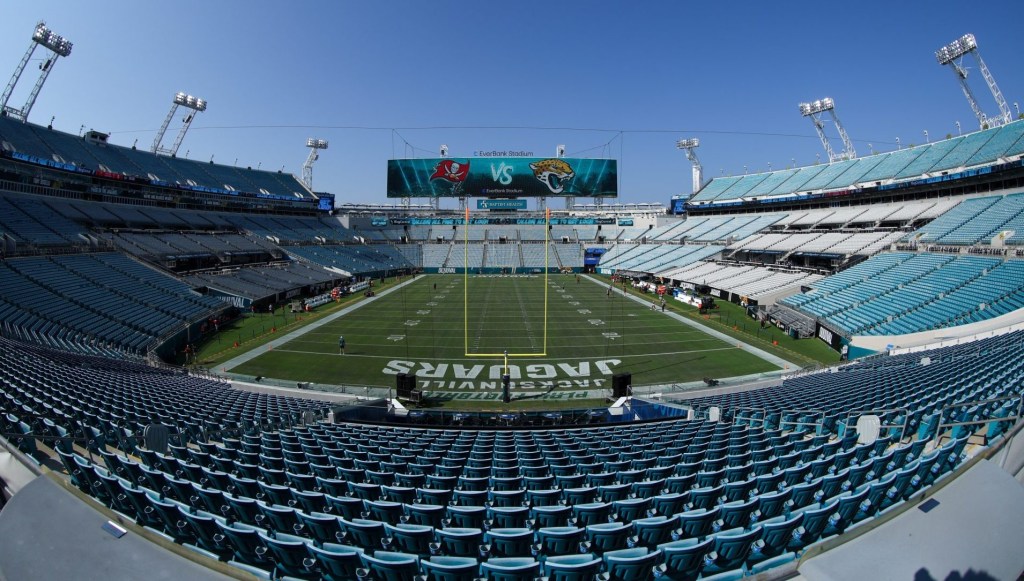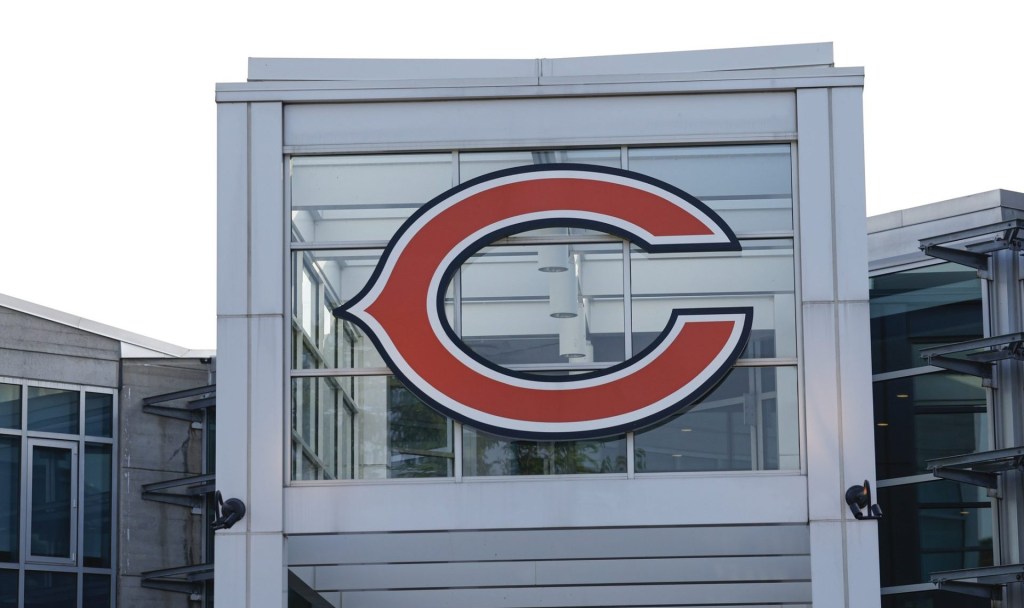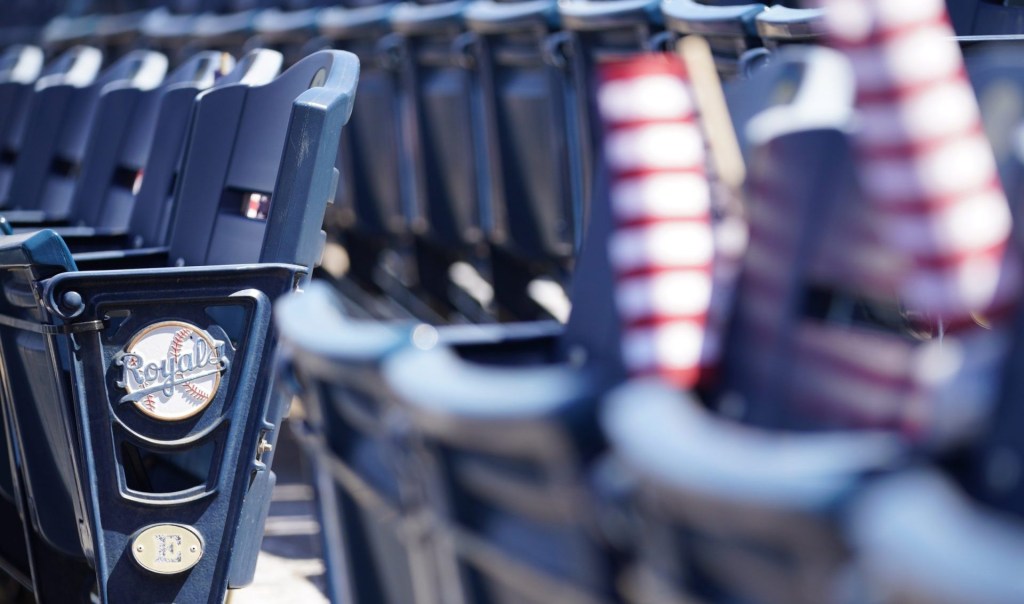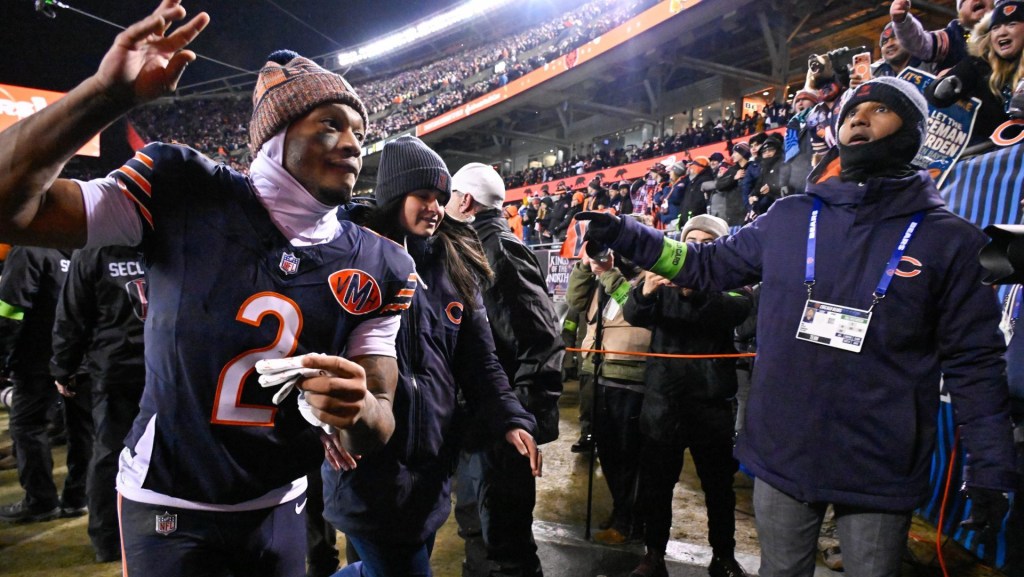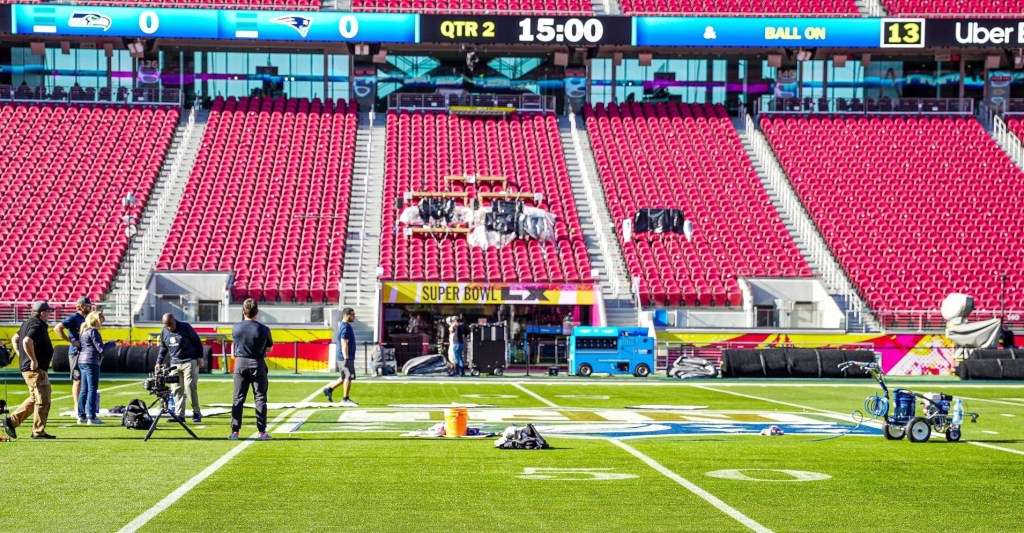The Bears insist they’re still entirely focused on their proposed $4.7 billion stadium project on the downtown Chicago lakefront. But the political and financial difficulties already swirling around the effort have prompted a marked resurgence of the suburban pushes to land the NFL team.
In some ways echoing the extended tour the Bears made of the Chicago area last year in pursuit of a stadium site, both Aurora and Arlington Heights have renewed their public pursuit of the Bears.
The core of both suburban arguments is the same: with the Bears fighting an uphill battle to get the downtown stadium project going, the more distant options provide an alternative that could represent a materially easier path to actually completing the project. The Illinois legislature recently concluded its spring session without taking up the Bears issue.
“Instead of negotiating with state and local officials over where the money for a new lakefront stadium in Chicago will come from, we’re poised to immediately welcome the Bears’ storied franchise to the City of Lights,” wrote Aurora officials, including mayor Richard Irvin, in a recent Chicago Tribune op-ed.
Not to be outdone, Arlington Heights also said there is a rather different conversation to be had now with the Bears.
“By no means do I think it is over,” Arlington Heights trustee Jim Bertucci told the Daily Herald in Illinois. “If they want to come back and look more seriously again at Arlington Heights, I think we’re going to have a better path for them than [it] was in the past, and maybe an easier path than what’s happening in Chicago.”
The team still owns 326 acres of land in Arlington Heights, and it had intended to place the stadium there before running into a tax dispute with the town.
Walking a Careful Line
The renewed suburban interest has created a rather delicate situation for the Bears. On one hand, the Bears certainly do not want to forfeit any potential momentum around the downtown project, and certainly don’t want to appear fickle or indecisive with any public official. At the same time, though, having additional options could prove vital, particularly if the team is not ultimately able to make the lakefront vision a reality.
“Every jurisdiction has their own way of doing business. This is exactly what I expected,” said team president Kevin Warren at a Lincoln Forum event with the Union League Club of Chicago. “We live in a complicated world. This is an election year. … We have a lot of complex issues that we are dealing with. So I’m a realist to understand these projects are not something you do just over a weekend.”
The Bears have estimated that every year lost to delays adds more than $150 million to the stadium cost. The project is also premised in part on creating a domed stadium that would make the No. 3 media market in the U.S. eligible to bid for major events such as the Super Bowl, Final Four, and College Football Playoff.
The team will be featured on Hard Knocks this summer after years of resistance to the high-profile documentary series. Meanwhile, rookie quarterback Caleb Williams, the top selection in the 2024 NFL draft, has introduced his 888 Midas investment firm.
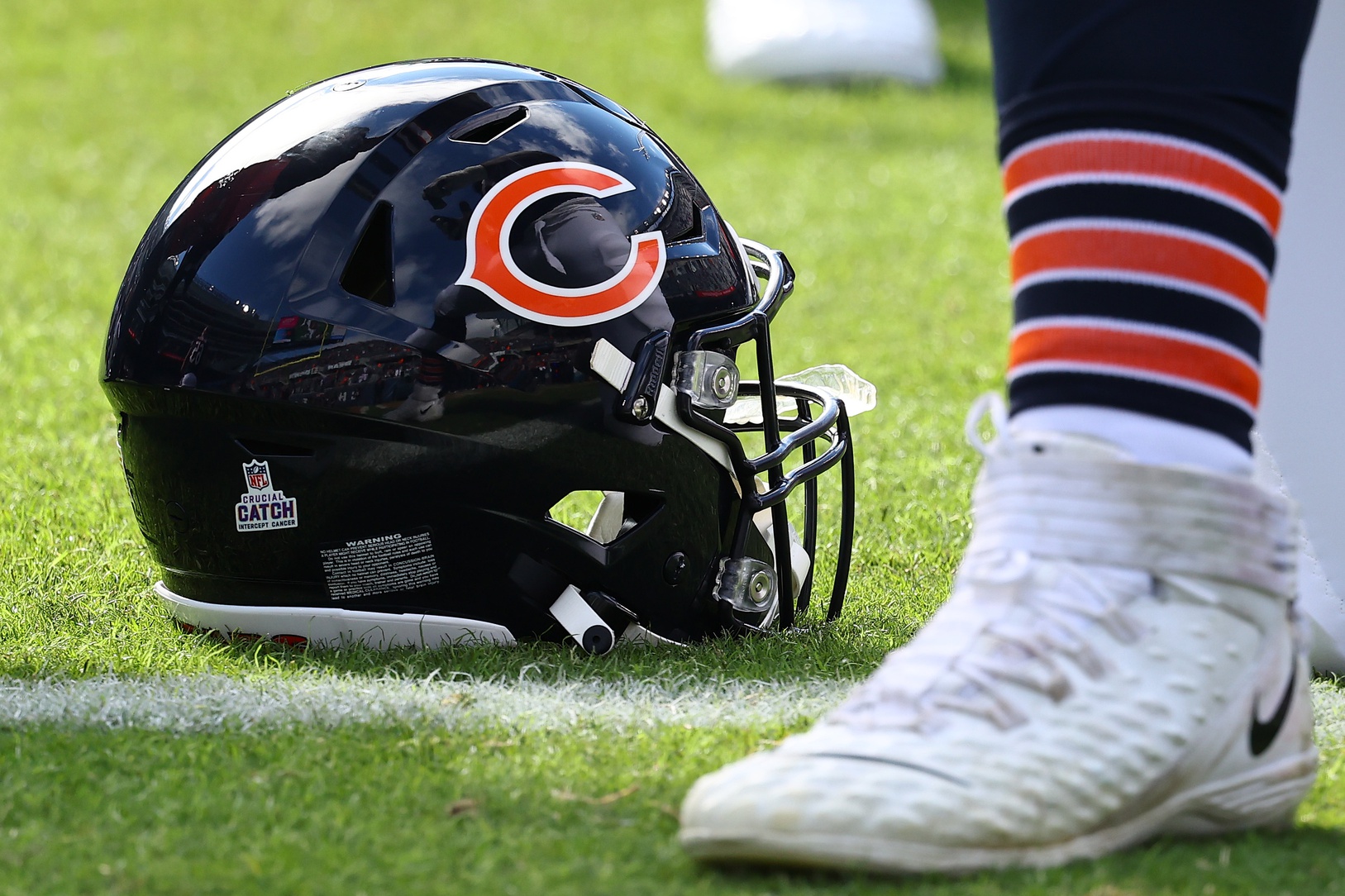


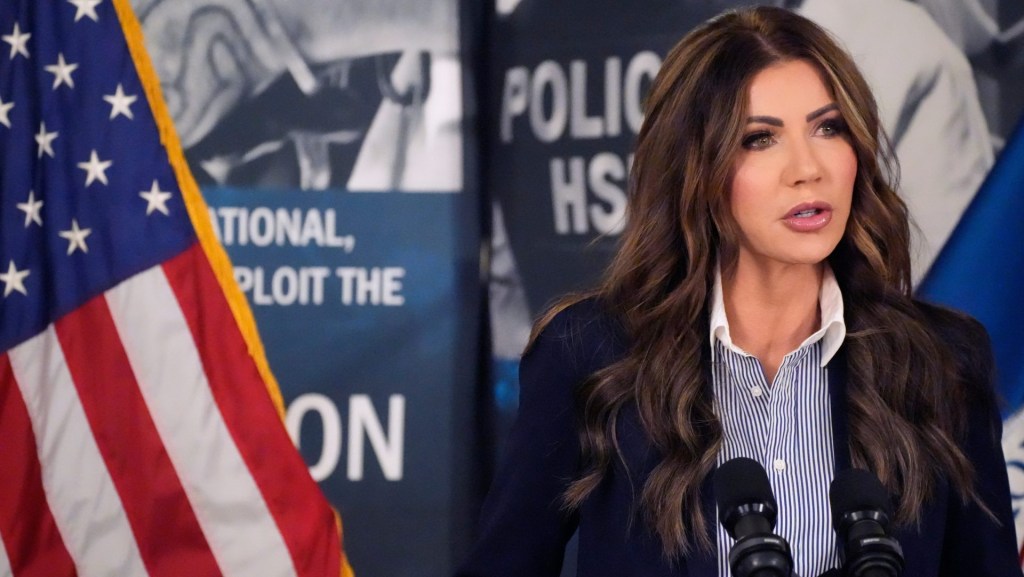
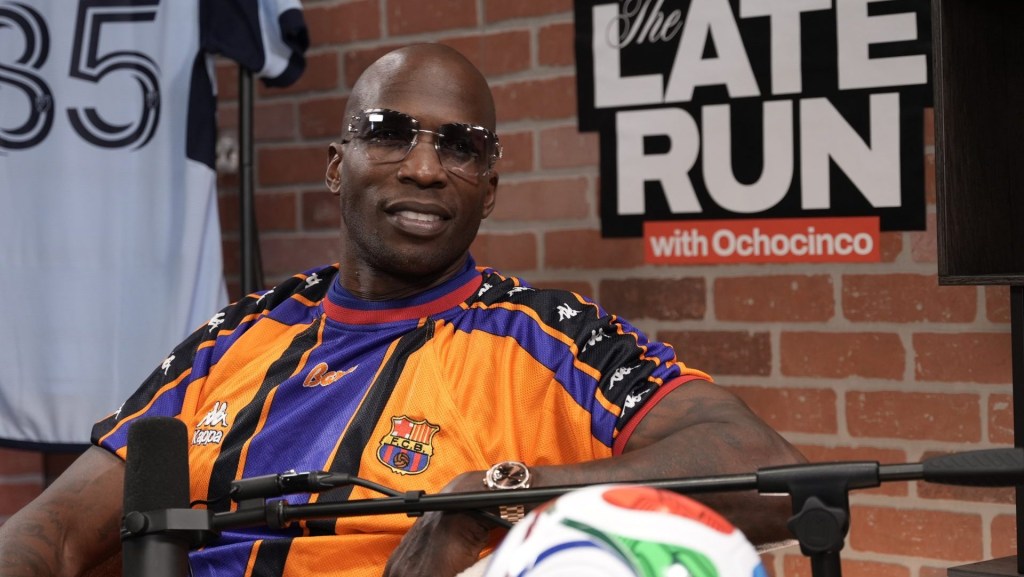
![[Subscription Customers Only] Jul 13, 2025; East Rutherford, New Jersey, USA; Chelsea FC midfielder Cole Palmer (10) celebrates winning the final of the 2025 FIFA Club World Cup at MetLife Stadium](https://frontofficesports.com/wp-content/uploads/2026/02/USATSI_26636703-scaled-e1770932227605.jpg?quality=100&w=1024)



